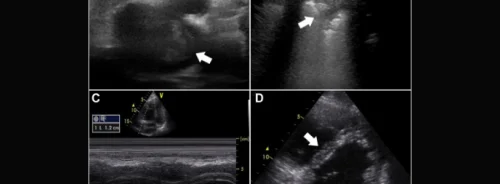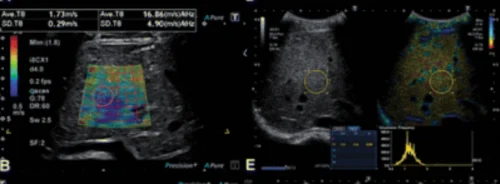A new study published in the American Journal of Infection Control highlights a novel approach to testing for Clostridioides difficile (C. diff) based on the principles of diagnostic stewardship. At Memorial Healthcare System in Hollywood, Fla., revised guidelines for ordering C. diff tests reduced inappropriate testing by 20%, which can help control the overtreatment of patients.
C. diff is a common and potentially dangerous gastrointestinal pathogen often associated with healthcare-associated infections and antibiotic overuse. While early diagnosis is crucial for appropriate treatment, inappropriate testing can identify patients who are merely colonised with the bacteria rather than suffering from an acute infection. Infectious disease guidelines recommend targeted testing for patients showing clear symptoms of C. diff rather than broader testing for all patients with gastrointestinal symptoms to avoid unnecessary treatment.
In this study, clinicians at Memorial Healthcare System developed and implemented new guidelines to reduce inappropriate C. diff testing and monitored results over nine months. These results were compared to the testing performed in the year preceding the new guidelines. The study included 224 adult patients: 118 tested under the new method, and 106 tested before the new guidelines were implemented.
The new approach involved two sets of rules: one for patients admitted within the last 72 hours, allowing unrestricted C. diff testing for any patient with at least three loose or unformed stools, and another for patients hospitalised for four days or more. For the latter group, C. diff testing was restricted for patients who had received laxatives within 48 hours, had been treated for C. diff 14 to 24 days prior, or had tested positive for C. diff within 14 days. Patients tested for C. diff in the past four days were also ineligible for a new test. High-risk patients, such as those who were immunocompromised or had recently undergone gastrointestinal surgery, could still receive C. diff tests regardless of other eligibility criteria. The new system was integrated with the hospital’s electronic health records for consistency and documentation, and educational resources were provided to staff.
The new guidelines resulted in a 20.1% reduction in inappropriate C. diff test orders, from 31.1% before the guidelines to just 11% after implementation. Testing was deemed inappropriate when patients did not report sufficient diarrhea or had recent laxative use without other signs of infection.
The goal of diagnostic stewardship is to use the right test for the right patient at the right time, ensuring tests are used appropriately and judiciously to guide patient care, explain the researchers. The new guidelines for C. diff testing led to a clear decrease in inappropriate test ordering, which reduces unnecessary treatment and associated healthcare costs.
An increase in 30-day readmission rates for patients in the study was noted, attributed to a higher proportion of patients with recent gastrointestinal surgery in the post-intervention group. However, 60-day readmission rates were no longer statistically significant. Differences in 30-day and 60-day mortality between the two groups were not statistically significant. Despite restrictions on ordering tests for patients who had taken laxatives within the previous 48 hours, there was no significant difference in laxative exposure between the pre- and post-intervention groups.
Diagnostic stewardship is a critical component in infection prevention and control efforts. The researchers note that this study underscores the importance of evidence-based guidelines for ensuring appropriate testing and treatment in patients who may have C. diff infections.
Source: Association for Professionals in Infection Control
Image Credit: iStock






